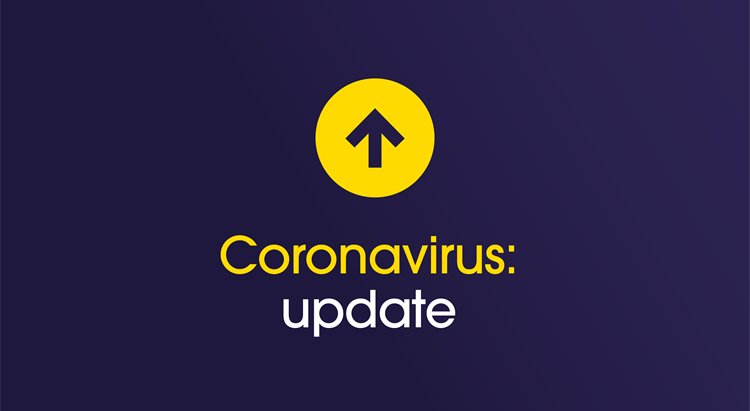08 September 2020

The main COVID-19 symptoms are being highlighted to help Islanders look out for them during the colder winter months. This is to help people distinguish the symptoms more likely to represent COVID-19 from those likely to represent the usual respiratory viruses seen in autumn and winter.
The three main symptoms are 1) a high temperature, 2) a new continuous cough or 3) a loss or change to your sense of smell and / or taste. Most people with coronavirus have at least one of these main symptoms. Diarrhoea and vomiting can also be a feature of COVID-19 and gastrointestinal symptoms are more common in children than adults.
A letter is being sent to all parents in the Island to help them distinguish the symptoms of COVID-19 from those of the common cold, so children do not miss any more school than they need to. The letter, from the Deputy Medical Officer of Health, Dr Ivan Muscat, and two of his colleagues, explains that it is important for young people to return to school and college, and reassures parents that it is safe for them to do so with the health measures that have been put in place.
The letter goes on to say: "Following the return of schools after a prolonged break, it is common for colds and similar viral infections to circulate. In many cases, children will be well enough to attend school and continue their learning with little or no interruption to their education. In other cases, for instance where they have quite a heavy cold, they may need to take a day or two off to recover.
"This is not the case for children and young people with potential COVID-19 symptoms. They are required to self-isolate and parents are advised to call the coronavirus helpline on 01534 445566 as soon as possible to get advice and arrange a test. In order to ensure your children do not miss out on their education, we need to be clear about how COVID-19 symptoms differ from those of other infections that we normally see circulating at this time of year."
The three main Covid symptoms are:
a high temperature / fever – this means you feel hot to touch on your chest or back (if unsure ask a household member to check). A temperature of 37.8 degrees indicates that you have a fever (a normal body temperature is 37 degrees)
a new, continuous cough – this means coughing a lot for more than an hour, or 3 or more coughing episodes in 24 hours (if you usually have a cough, it may be worse than usual)
a loss or change to your sense of smell and / or taste – this means you've noticed you cannot smell or taste anything, or things smell or taste different to normal
Most people with coronavirus have at least one of these main symptoms.
Accompanying symptoms
The three main symptoms may be accompanied by: headaches, tiredness, muscle ache or sore throat. Gastrointestinal symptoms (vomiting and diarrhoea) can also be a feature of COVID-19 and these are more common in children than adults.
Cold symptoms
If you do not have any of the three main symptoms of COVID-19 but have other cold-like symptoms, such as a runny nose, you do not need to be tested and you do not need to self-isolate. You can go to work / school, if otherwise fit to do so.
If you are uncertain as to whether you or your child have COVID-19 symptoms, please call the helpline on 01534 445566.